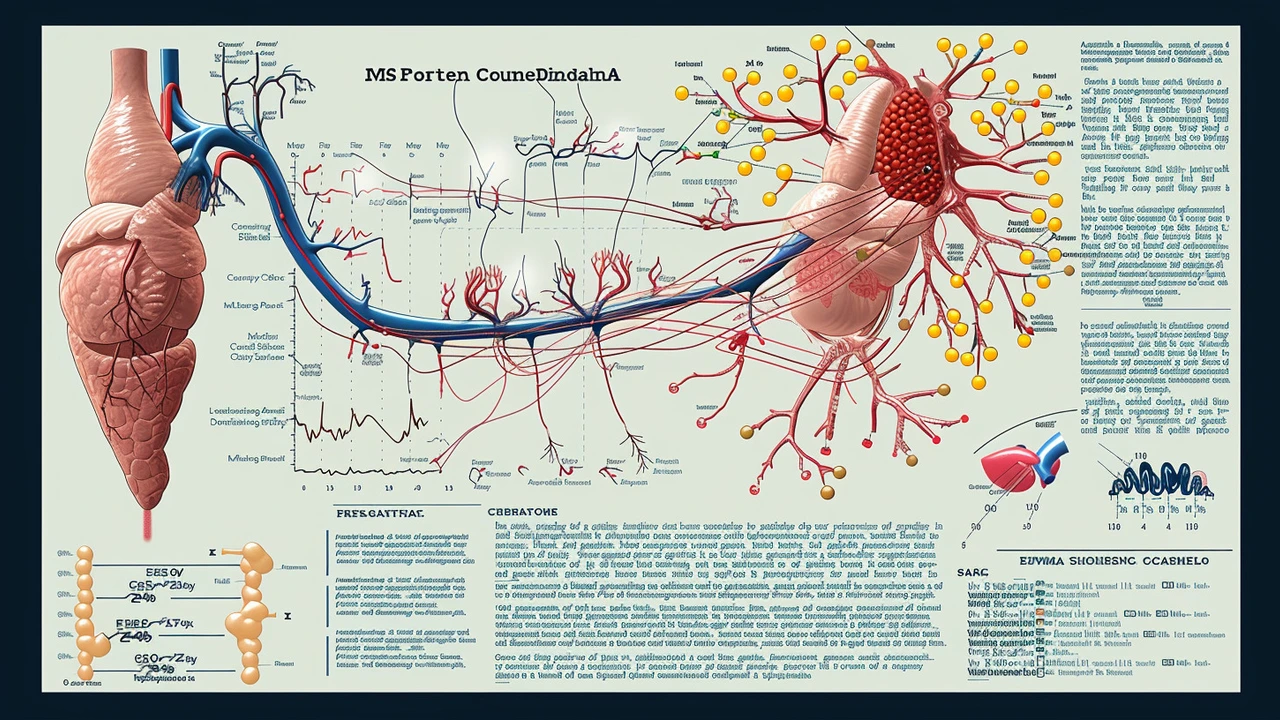Uterine Fibroids: Decoding the Link with Nerve Activity and Blood Pressure

Mar, 22 2024
In a groundbreaking study that challenges longstanding beliefs in medical science, researchers at the Mayo Clinic in Minnesota have unveiled new findings about the complex relationship between uterine fibroids (UF), nerve activity, and cardiovascular health. Leading the effort, Dr. Ronée Harvey, a distinguished postdoctoral research fellow in Anesthesia Research, spearheaded a team dedicated to investigating the intricate ways these conditions interact within the female body.
Uterine fibroids, benign tumors that develop in the uterus, are among the most common gynecological conditions, affecting a significant proportion of women worldwide. They are known to cause a variety of symptoms, including pain and heavy bleeding, but their impact extends beyond mere discomfort. For years, medical professionals hypothesized that these fibroids were somehow connected to elevated nerve activity, potentially explaining the observed link between UF and elevated blood pressure—a major risk factor for cardiovascular diseases.
Challenging this long-held belief, Dr. Harvey's study presents compelling evidence to the contrary. Through meticulous research, the team discovered that women with UF did not in fact exhibit higher levels of nerve activity compared to their counterparts without UF. This finding, contrary to their initial hypothesis, indicates that the relationship between UF and high blood pressure may be more nuanced than previously thought.
Delving deeper into the study, researchers identified unique relationships between muscle sympathetic nerve activity (MSNA) and systemic hemodynamics in women with UF. Notably, the study found a positive correlation between total peripheral resistance and MSNA, and a negative correlation between cardiac output and MSNA in women with UF. Significantly, these relationships were not observed in women without UF, highlighting a distinctive pathophysiological feature in those afflicted by the condition.
Dr. Harvey and her team regard their work as novel for its unprecedented focus on sympathetic nerve activity in women with and without UF. By bringing to light these new insights, their research has paved the way for a better understanding of the cardiovascular risks associated with uterine fibroids. The implications of these findings are vast, offering potential directions for future research and treatment strategies aimed at mitigating the health risks for women living with UF.
The implications of Dr. Harvey's study are profound, not only for women suffering from uterine fibroids but also for the broader field of cardiovascular health. By debunking the assumed link between UF and elevated nerve activity, the research opens up new avenues for exploring how these benign tumors influence the body's vascular system. Understanding the unique relationships between MSNA and systemic hemodynamics in women with UF offers a glimpse into the complex interplay between reproductive health and cardiovascular function.
In conclusion, the Mayo Clinic's study marks a significant leap forward in our comprehension of uterine fibroids and their broader health implications. As researchers continue to unravel the mysteries surrounding these common tumors, this study underscores the importance of approaching medical hypotheses with an open mind and a rigorous scientific method. The path ahead is ripe for further exploration, promising to shed light on how best to protect and enhance the health of millions of women afflicted by uterine fibroids.
